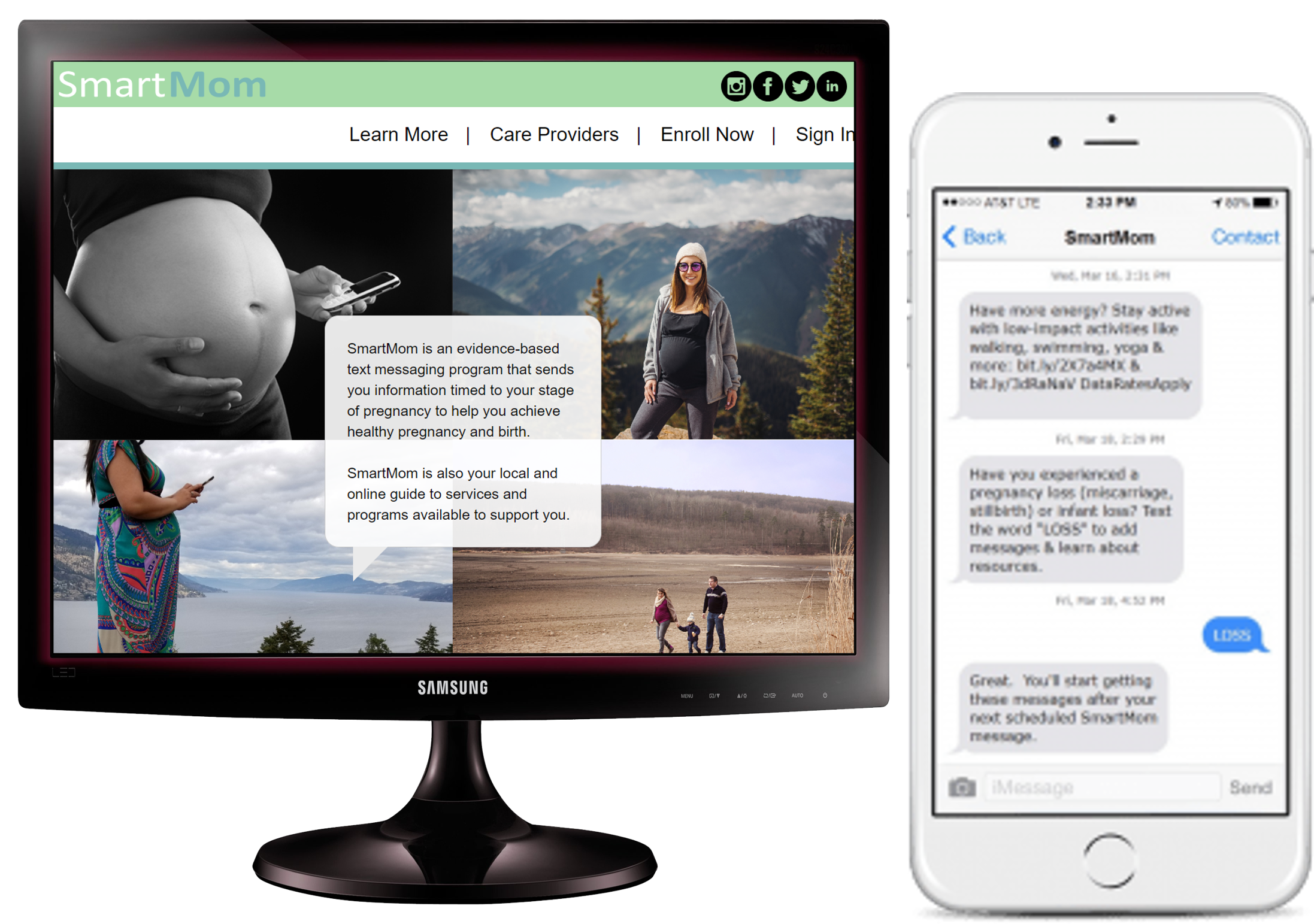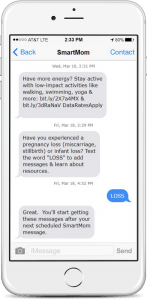A review of studies indicates that less than one third of women attend prenatal classes and instead, are turning to the internet, especially smartphone pregnancy apps, to navigate the complexities and challenges of pregnancy and birth. There are concerns about the quality of this information. In addition, information available from the internet is potentially overwhelming in its sheer volume, exacerbating the difficulty of identifying accurate, relevant, evidence-based, and unbiased information.
An overview of 370 apps found on the google play store showed only 3 with scientific boards contributing to the information.
Finally, there are concerns about the completeness and timeliness of information that is not organized to provide the right information to the right person at the right time. Therefore, women are not sufficiently prepared to make informed choices to promote a healthy birth. This can be particularly relevant for at-risk and vulnerable populations.
Attending a prenatal education class has been associated with positive health behaviours, such as appropriate weight gain, acceptance of routine screening tests, a decrease or stopping of smoking and alcohol consumption and breastfeeding. Following these behaviours have been associated with reduced rates of cesarean and preterm births and low birthweight.
A survey conducted in Ontario showed only 25% of participants were informed of the risks associated with inappropriate weight gain. Another study in 2009 stated 80% of participants believed the influenza vaccine given during pregnancy caused birth defects.




